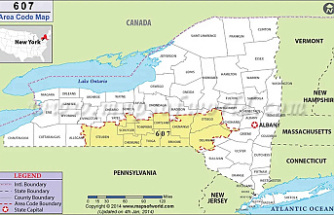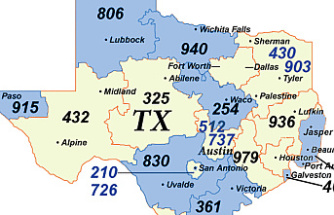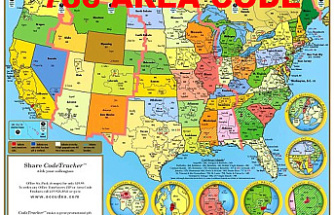Township rules for dispensaries:
• Operate indoors and not have outdoor seating or drive-thru service.
• Cannot be located on the same site as a medical marijuana growing or processing facility.
• Operate only from 8 a.m. to 8 p.m.
• Create a disposal plan for marijuana “remnants and by-products,” which cannot be placed in outside garbage containers.
In addition to the rules for dispensaries, growing and processing businesses also must:
• Have electronic locking and surveillance systems
• Only sell wholesale to dispensaries
• Be located on a lot that is at least 10,000 square feet
Sign up for one of our email newsletters.
Updated 13 hours ago
Ross officials can't prevent medical marijuana businesses from setting up shop in the township.
But they are taking steps to blunt the impact those operations might have on the community.
Commissioners have introduced an ordinance to only allow marijuana dispensaries in the township's “C1 Regional Commercial District,” which includes the McKnight Road corridor, portions of Nelson Run Road and Perry Highway, and several other locations.
Growing and processing facilities will be permitted in the “I1 General Commercial/Light Industrial Sector.” There are eight districts zoned light industrial scattered throughout Ross.
The proposed law was introduced as a “pending ordinance,” That means although it hasn't been enacted, any marijuana business submitting plans now will subject to its provisions, according to Nick Rickert, Ross zoning administrator.
The measure also prohibits any marijuana-related business from locating within 1,000 feet of public, private and parochial schools; day-care centers; churches and parks.
“We haven't had any calls about opening a growing facility, but we've been contacted by eight different businesses who want to locate medical marijuana dispensaries in Ross,” said Manager Doug Sample.
Liderbahis Commission President Jeremy Shaffer said while he would be “really surprised” if a growing operation were built in Ross, he thought there was “a strong likelihood that we'll end up with one of the dispensary facilities.”
Gov. Tom Wolf signed the medical marijuana program into law in April.
Ross' prohibition against allowing dispensaries near parks was added to the ordinance at the suggestion of Commissioner David Mikec.
“There is an industrial site right in the middle of a residential neighborhood right besides Maple Park,” Mikec said. “That's the one I have a problem with. Would you want to buy a house in a neighborhood where there's a (marijuana) grow house next to the playground?”
Commissioner Dan DeMarco noted municipalities can set reasonable limits on where and how legal businesses can operate, the law prohibits banning them simply because residents or officials don't want them.
“The township doesn't have a choice in this,” he said. “We have to provide the zone somewhere in the township. Unfortunately, our hands are tied.”
At DeMarco's request, the board agreed to modify the ordinance to include houses of worship on the list of places where a 1,000-foot buffer must exist between a marijuana related business.
The ordinance must undergo a 45-day legal review by Allegheny County before Ross commissioners can consider it for final adoption.
The state began accepting applications for the permits on Feb. 20 and plans to issue 27 dispensary permits during the first phase of the program's rollout.
Growers must submit a nonrefundable $10,000 application fee; a $200,000 permit fee refundable if the permit is not granted; and proof of $2 million in capital.
Dispensaries have to pay a nonrefundable $5,000 application fee; a $30,000 permit fee refundable if the permit is not granted; and proof of $150,000 in capital.
The new law allows patients to apply for a state-issued medical marijuana card if a physician certifies that they suffer from one of 17 qualified medical conditions, which includes epilepsy, cancer, multiple sclerosis and seizure disorders.
Tony LaRussa is a Tribune-Review staff writer. Reach him at 724-772-6368 or tlarussa@tribweb.com.
Our editors found this article on this site using Google and regenerated it for our readers.












